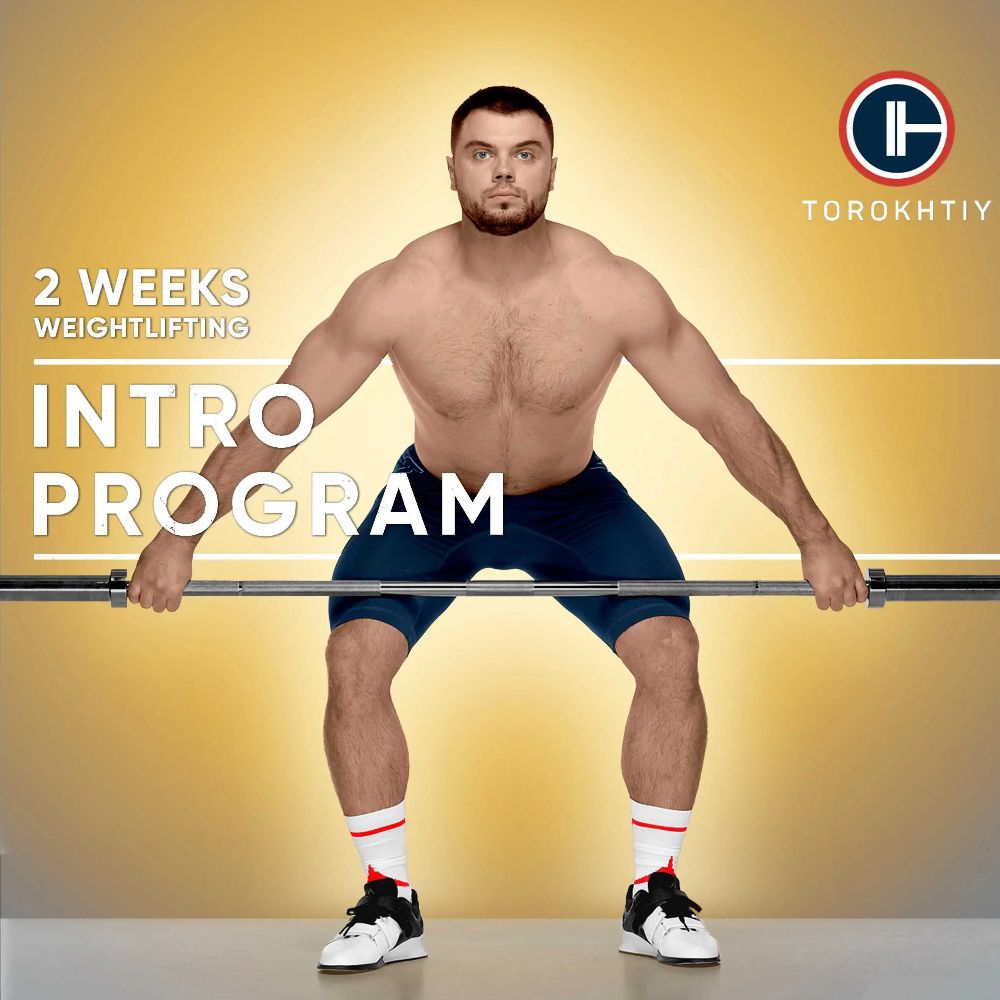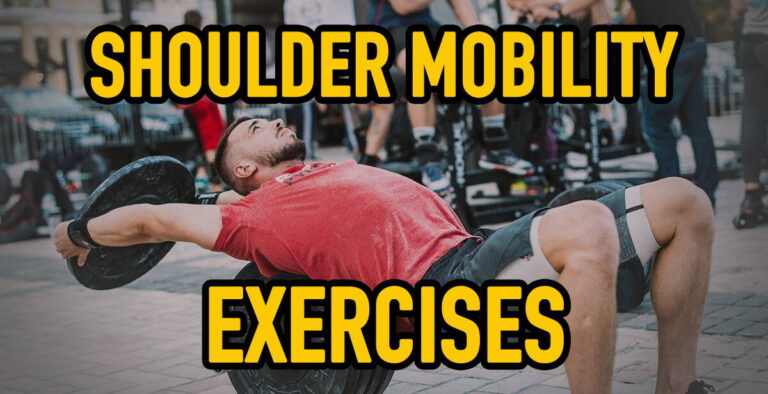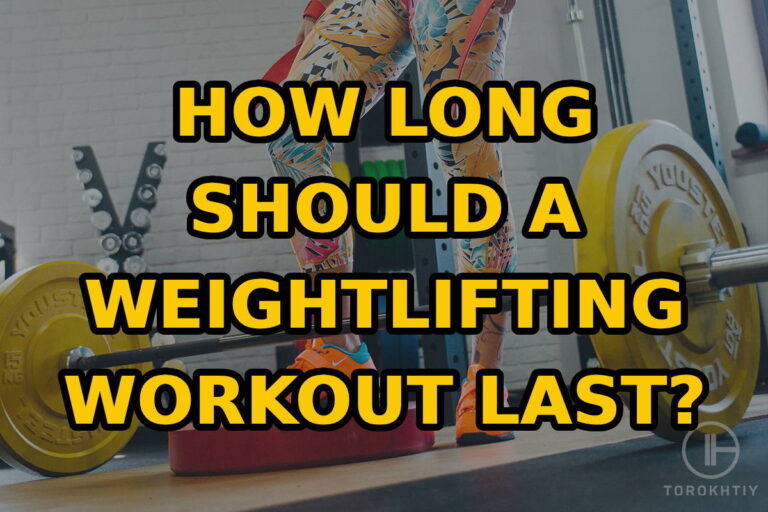Does Weightlifting Make You Taller or Shorter
Lifting big weights and engaging in Olympic lifts boosts bone density & hormone production, both of which may aid in muscle growth, posture improvement, and the development and maintenance of stronger joints and bones. But can weightlifting also make you taller?
The quick answer to the question – does weightlifting make you taller sounds like this. As height is mostly dictated by genetics, lifting weights won’t make you taller. Olympic lifting can bring positive impact on height, particularly during youth and as people become older.
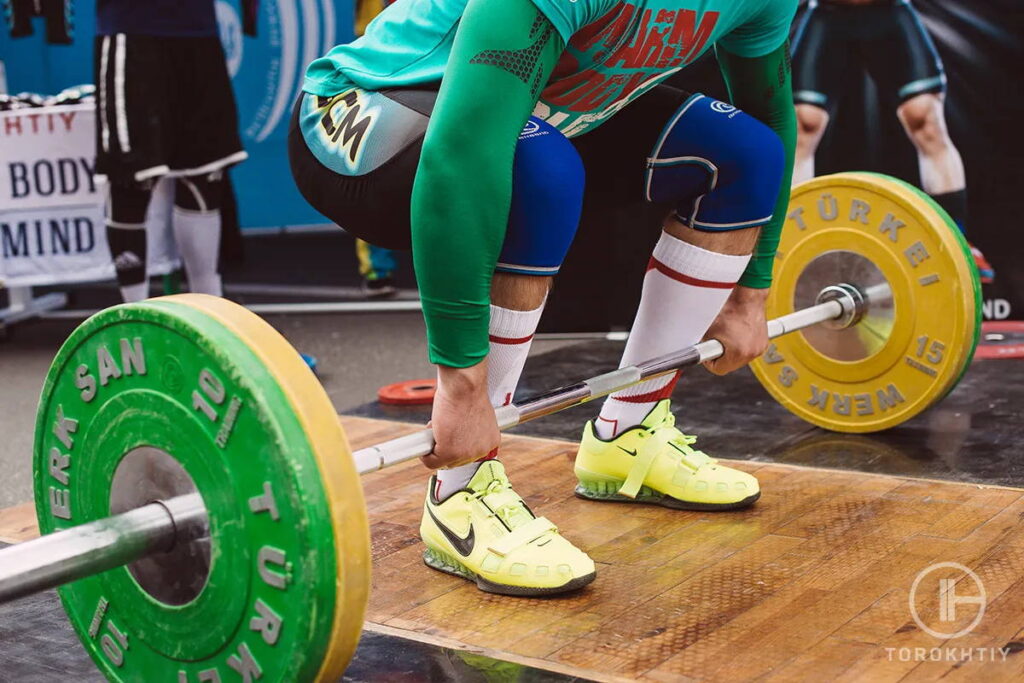
Does Weightlifting Make You Taller?
Since genetics provide for the most bulk of your height, there is no evidence to suggest that lifting weights would increase your height. Nutrition, sleep, and hormone production are all significant elements that can affect the natural development of muscular tissues and bones during infancy, adolescence, and adulthood in addition to heredity. Exercising with weights can help you reach your height limitations depending on your genetic structure. So, to conclude – does lifting weights make you taller – the answer is NO.
Does Lifting Weights Make You Shorter?
No.
However, I understand where the query is coming from. Everything depends on the visuals. Weightlifters are perceived by many of us as broad, squatty boulder-like guys, which gives the impression that they are short. So there’s a possibility that you may appear shorter to certain people if you grow a solid back, legs, chest & arms.
Additionally, some contend that the back compression you receive during squats, clean and pulls might shorten you. This is quite odd. It’s possible that your posture will alter as your core and back strength increase, which might explain some of the reported changes in height from performing these exercises. Having better posture could make you appear taller. Due to bad posture and muscle imbalances can make you appear shorter. Lifting weights, however, is unlikely to cause a change in the real size of your bones.
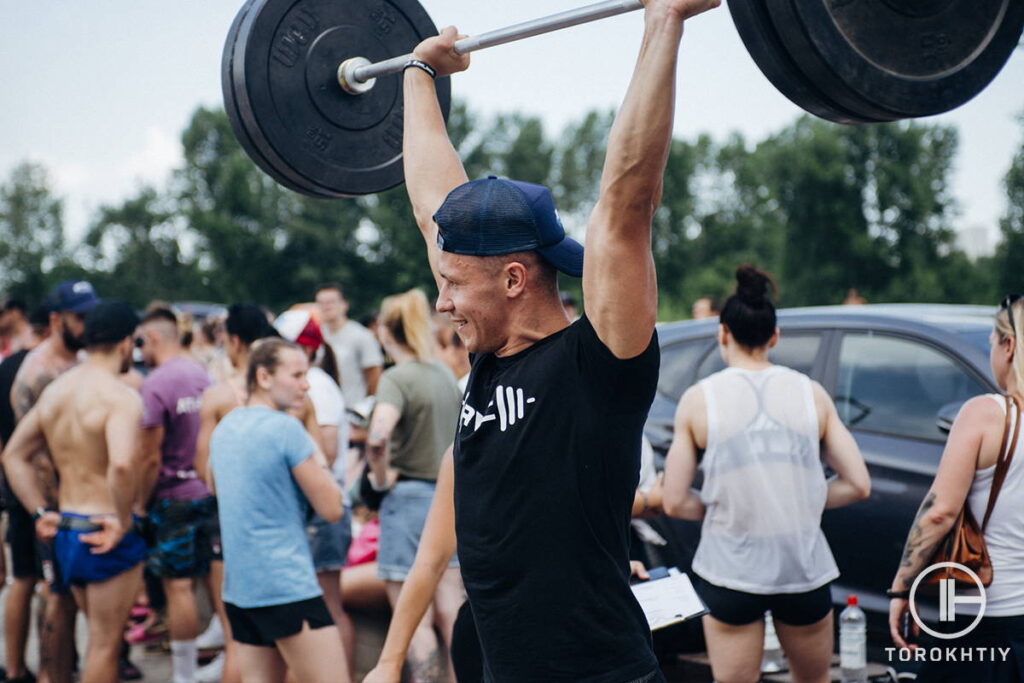
Does Lifting Weights Stunt Growth?
Despite what scientists and industry professionals say, there are many misconceptions and half-truths in the wellness field that continue to circulate. Does weight lifting stunt growth? is a common query in the fitness and medical community, and among coaches of young athletes. If you’re a parent of a youngster who isn’t yet 18, you might be concerned about whether the strength training exercises they perform at the gym are slowing down their development. The great news is that your youngster need not stop lifting weights despite your concerns about slowed growth appearing to be valid.
There is no scientific proof or study to back up the idea that children who lift weights too early will stop growing. Scientific data and study show that well planned and managed resistance training programs provide a number of advantages, including the following:
- enhancing bone and muscle strength;
- lowering fracture risk and sports-related injury rates;
- rising fitness interest and self-esteem.
The fear that children could harm growth plates if they will enroll in a lifting gave rise to the misconception that lifting weights hinders growth. The belief that weightlifting prevents growth is probably due to the fact that damage to the growth plates in developing bones might prevent growth. This is a scenario that might happen as a result of bad form, too heavy of weights, lack of coaches control. However, that is not the consequence of using weights properly. This myth omits the fact that there is a danger of injury while engaging in practically any sport or playing games. In actuality, the growth plates are involved in 15 to 30 % of all adolescent fractures. The cartilaginous regions of developing tissue at the extremities of lengthy bones are known as your growth plates (like the shoulder bone, for example). When children attain physical maturity, these plates solidify into bone, but while developing, they are softer and more prone to injury. The fact that the growth plates might be harmed doesn’t imply a teen or adolescent shouldn’t exercise weights.
🔻FREE OLYMPIC WEIGHTLIFTING PROGRAM
Get started on your weightlifting journey with the Torokhtiy Free Olympic Weightlifting Program! Perfect for beginners, this FREE 2-week program focuses on Snatch and Clean & Jerk techniques. Suitable for all levels, it’s designed for muscle and technical preparation.
Download now for FREE!
Does Lifting Weights Stunt Growth?
Even though your genetics account for the majority of your height, poor nutrition, lack of sleep, and poor posture can have a negative impact on your height. By addressing these issues, particularly during adolescence and early adulthood, you may be able to maximize your genetic potential for height.
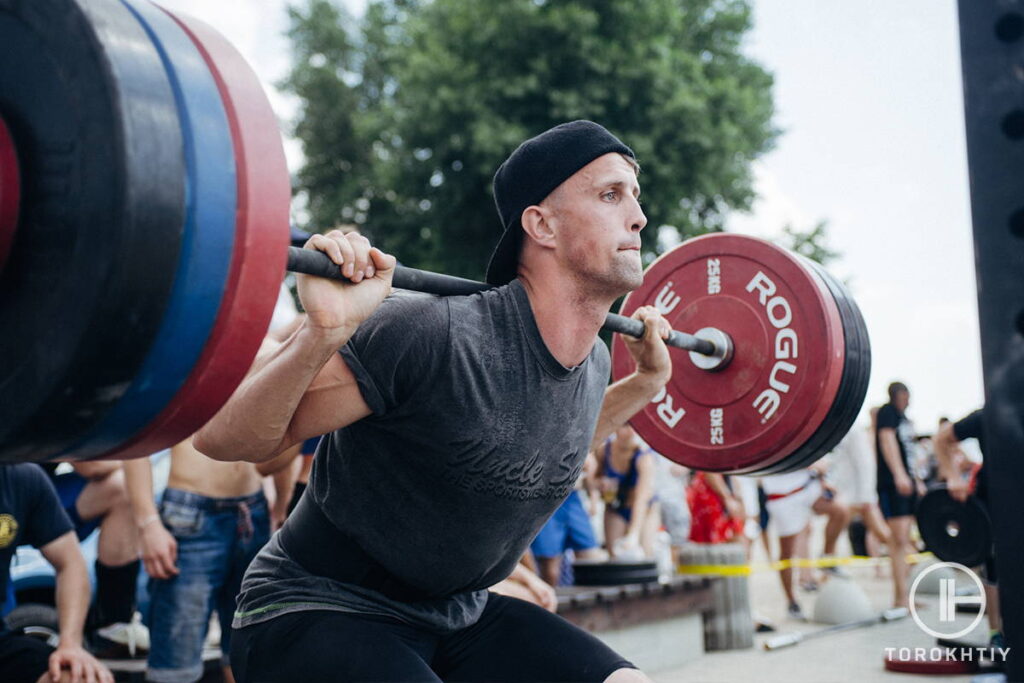
Let’s examine each of the variables that may affect your prospective height in more detail:
Genetics
The primary factor in determining your height is genetics, hence it is impossible to change it by strength training or doing anything else.
Nutrition
Nutrition is a crucial factor in achieving healthy growth, and it is especially crucial for kids throughout their formative years. For adolescence and the early years of adulthood, healthy meals that include enough amounts of calories, carbs, protein, fat, minerals and vitamins are essential to supporting good growth.
Sleep
For both children and adults, sleeping is one of the most important components in growth. The body produces hormones when we sleep and heals itself from the stress we put it under. Sleep is essential for optimum bone and tissue growth since hormone synthesis in adolescence and early adulthood is heavily dependent on it.
Production of Hormones
Human growth hormone, sex and thyroid hormones are the main substances involved in bone & tissue development. Even as a teenage to middle-aged adult, exercise and weight lifting can help maintain hormone levels up when the body is receiving the correct diet and rest.
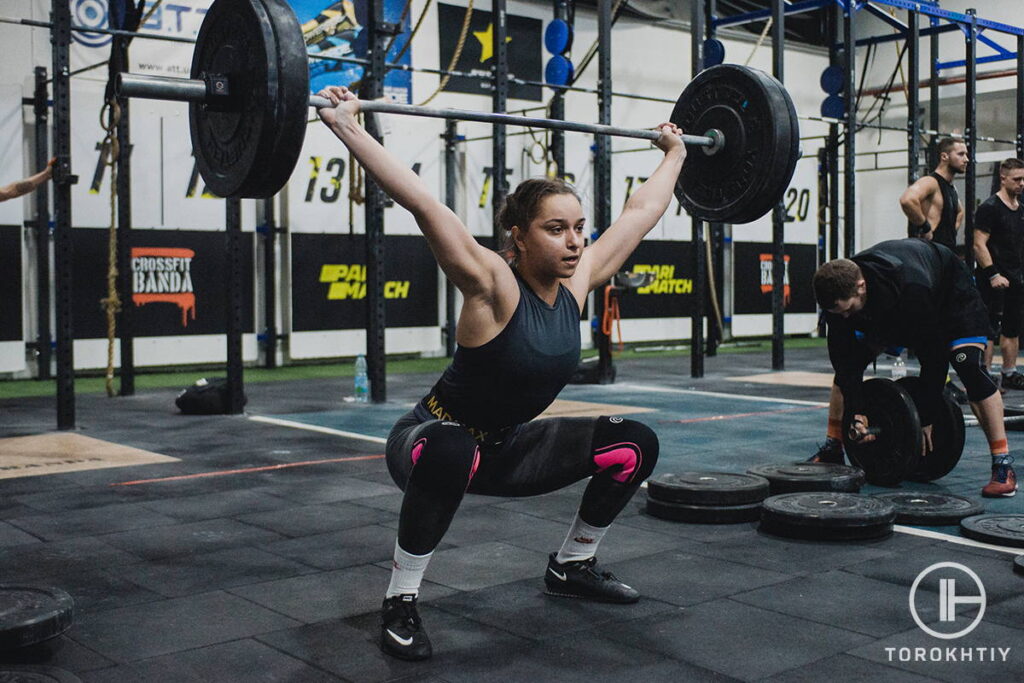
Posture
Standing taller could be a benefit of weightlifting. Performing corrective workouts and practicing flexibility can assist to extend the range of motion in your joints. For instance, having rounded upper back and forward-rolled shoulders might be caused by stiff chest muscles or bad posture brought on by an office job. Similarly, having tight hips can cause your pelvis to tilt anteriorly, which can cause lower back discomfort and prevent your hips from fully extending. These are just two instances of how bad posture and lack of flexibility can prevent you from reaching your maximum height potential.
Density of Bones
Strength and aerobic training have been shown in numerous scientific researches to enhance bone density and prevent bone loss associated with aging. Weightlifting is a fantastic kind of exercise to optimize and slow down bone loss and muscle atrophy due to age, and keep you functioning as you get older. Some studies have also indicated that classical weight training might have a more significant impact on density than aerobic activity.
FAQ
Does Gaining Muscle Make You Taller?
No, increased muscular mass won’t increase your height. However, if it’s combined with the right mobility exercises and posture, it could help you stand taller. The size of the spinal column and the bones are unaffected by muscle mass. Although it may be used to increase stature and hence posture, this is simply a little adjustment that will enhance how other persons see you.
Can Exercise Make You Taller?
No stretching exercises or weightlifting can make you taller. One popular myth is the idea that particular workouts or stretching methods might increase height.
Do Squats Make You Taller?
Due to improved posture, squats might actually make you seem taller. It should be emphasized, however, that once you’ve reached the age of physical adulthood, the bulk of genuine vertical bone development is unlikely to occur, and any height gains through squats are likely the result of causes other than actual body lengthening.
Conclusion
Let’s conclude the topic – can lifting weights make you taller? Your genetic code almost pre-determines your height at birth, but there are several things you can do to maximize your height potential. You may improve hormone production, boost muscle growth, and increase bone density by living an active life that includes weight training. Furthermore, concentrating on maintaining a good diet and obtaining adequate sleep might help you achieve your maximum height potential. What are your thoughts about weightlifting and height? Feel free to write it in the comment section below!
Also read:
Why Trust Us?
With over 20 years in Olympic Weightlifting, our team does its best to provide the audience with ultimate support and meet the needs and requirements of advanced athletes and professional lifters, as well as people who strive to open new opportunities and develop their physical capabilities with us.
By trusting the recommendations of our certified experts in coaching, nutrition, dietology, and sports training programming, as well as scientific consultants, and physiotherapists, we provide you with thorough, well-considered, and scientifically proven content. All the information given in the articles concerning workout programming, separate exercises, and athletic performance, in general, is based on verified data. We ensure that you can rely on our professionals’ pieces of advice and recommendations that can be treated as personalized ones which will benefit you and fully meet your needs.
The product testing process is described in more detail here
Author: Ihor Shymechko
Pro Olympic Weightlifter, Coach
Best Results: Snatch – 208 kg,
C&J – 240 kg
Ihor has been a professional weightlifter since 1996, boasting over two decades of competition experience. His notable achievements include clinching the European Championship in 2009 and securing a silver medal in the 105kg division at the Senior World Championships in 2011. Ihor represented his country in the 2008, 2012, and 2016 Summer Olympics. After retiring from competitive weightlifting, he transitioned to coaching, leveraging his vast experience to guide athletes who now compete on both national and international stages.

